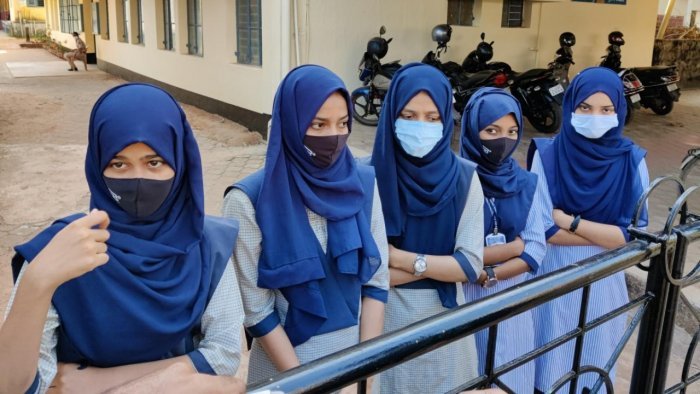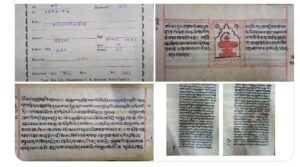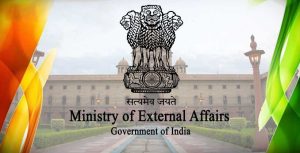New Delhi, 13 October: The Supreme Court to pronounce verdict on Karnataka hijab case today. A bench headed by Justice Hemant Gupta will deliver the verdict.
On September 22, the Supreme Court had reserved its verdict on the matter. A bench of Justices Hemant Gupta and Sudhanshu Dhulia heard the matter for 10 days. During this, the court heard the arguments of the Karnataka government and college teachers apart from the pro-hijab petitioners.
On September 21, apart from the Karnataka government, the college teachers were cross-examined who refused to wear the hijab in the college. During the hearing, Karnataka Government Advocate General Prabhuling Navadgi had said that Hijab is not a compulsory religious practice. Mere mention of it in the Quran does not make it an essential part of religion. Not every word written in the Qur’an can be called an obligatory tradition.
Then Justice Gupta had said that the pro-hijab side believes that whatever is written in the Quran is the order of Allah. It is imperative to believe it.
Then Navadgi had said that we are not experts in the Quran, but the Supreme Court itself has an old judgment that every word in the Quran can be religious, but it is not necessarily a mandatory religious tradition.
During the hearing on September 20, advocate Dushyant Dave, appearing for the petitioners, had said that hijab enhances the dignity of Muslim women. It is a protected right under Articles 19 and 21 of the Constitution. Dave said that the decision of the Karnataka High Court is completely untenable and illegal. The High Court’s decision is in violation of Sections 14, 19, 21 and 25. He said the High Court erred in examining the legality of wearing the hijab in public places on the basis of a mandatory religious practice.
Solicitor General Tushar Mehta, on behalf of the Karnataka government, had said that no Muslim girl was wearing a hijab before 2021. Nor did any such question arise. It would be wrong to say that the government has only banned the hijab, people from other communities have also been prevented from wearing saffron gamchas.
Mehta had said that in 2022 the Popular Front of India started a campaign to wear the hijab on social media. Such messages were spread on social media. It was not the children’s decision to wear the hijab. The children were working according to what was explained to them.
Responding to citing Sikh turbans in support of the arguments of pro-hijab lawyers, Mehta had said that turban and kada are their mandatory religious practice in the case of Sikhs. You cannot imagine a Sikh in any corner of the world without them. Mehta tried to prove through his arguments that hijab is not a mandatory religious tradition of Islam. He had said that the petitioners could not make any such argument to prove that the hijab has been a part of the religion of Islam since the beginning or it is very necessary to wear it in this religion. Mehta also referred to the women’s fight against the hijab in Iran. She said women are fighting against the hijab in many Islamic countries, such as in Iran. That’s why I argue that the hijab is not a mandatory religious tradition of Islam.
During the hearing on September 19, Dushyant Dave had said that the matter is not just about the dress code, here the intention is different. By imposing this dress code, the government wants to tell the Muslim community that whatever we say, you will have to do it. We have not hurt anyone’s sentiments by wearing hijab. Dave had quoted Sardar Patel’s speech in the Constituent Assembly to say that nothing can be better than that the minorities keep faith in the majority. Nowadays people forget Gandhi and talk about Sardar Patel, but they should know that Sardar Patel himself was very secular.





